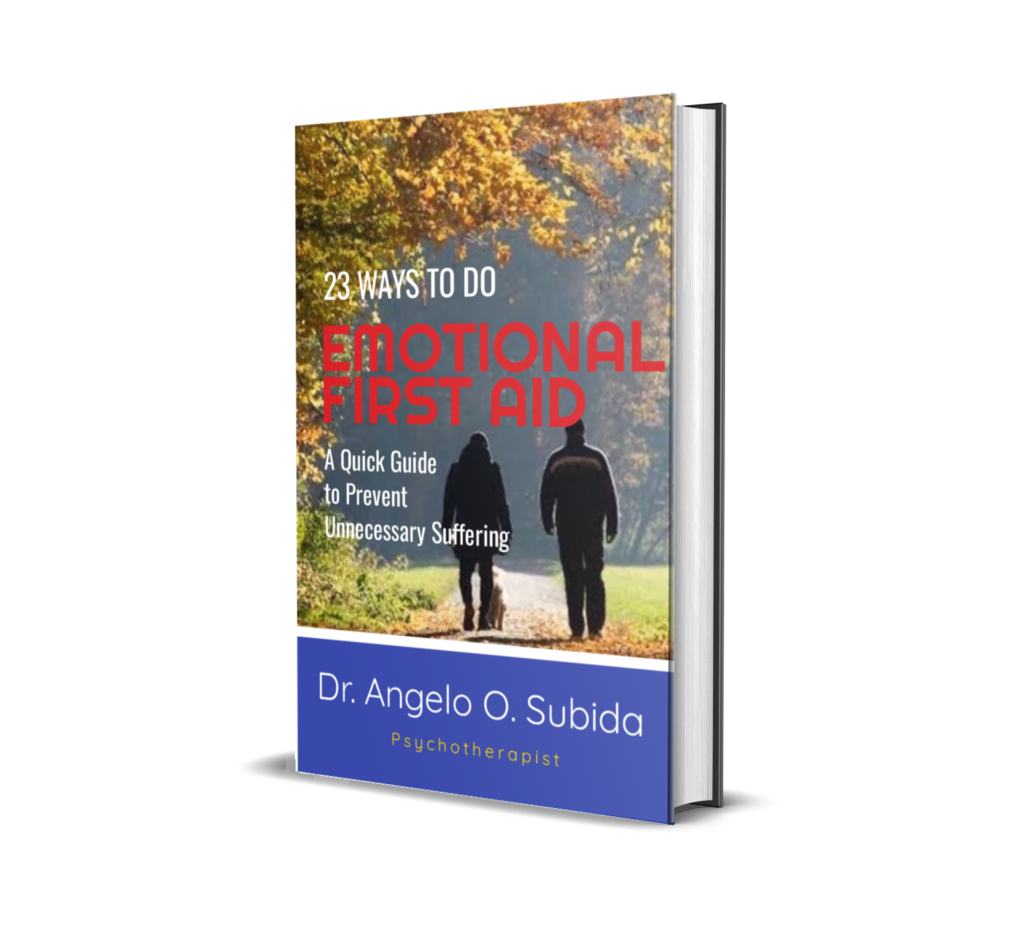Life is a constant flow and challenge to learn to let go and detach.
It’s the nature of the temporality of our existence.
Mental health is always a process of learning to let go and detach.
Tina, one of my long-time psychotherapy patients, was relating about her struggles to let go and detach.
She’s imprisoned by codependency. Her unhealthy “attachment” to others, especially those who abuse and abandon her.
In particular, as an adult working woman, she got addicted to alcohol and drugs, complicated by her dependency on dysfunctional men and multiple affairs.
Every abuse and abandonment of a man in her fleeting relationships increased and escalated her sense of isolation. And her grip on alcohol tightened.
There’s a dark hole inside Tina. And all this time she got stuck repeating the same self-destructive patterns.
Clinging. Harping. Crying. And using alcohol and toxic men to feed that dark hole inside her.
To know what this psychological and emotional skill of learning to let go and detach means, let’s hear how bestselling author, Karen Casey, describes it:
“Wherever we are, God is present.
Whoever comes our way is part of our learning curve.
We have the power to change how we think.
Appreciating the journey of everyone else is what gives my own journey purpose.
Peaceful feelings follow peaceful actions.
The chaos of others need not attract us.
No argument demands our participation.
Acting, rather than reacting, is blissful.
To witness another’s journey is all we are ever called to do.
Our teachers are everywhere.
Silence may be the best response we can make in myriad situations.
There are two kinds of business: your business and none of your business.
Taking no hostages is the surest way to peace.”
This is how we, including Tina, learn to let go and detach to redeem our selves and lives.

myonlinepsychotherapyph.com


